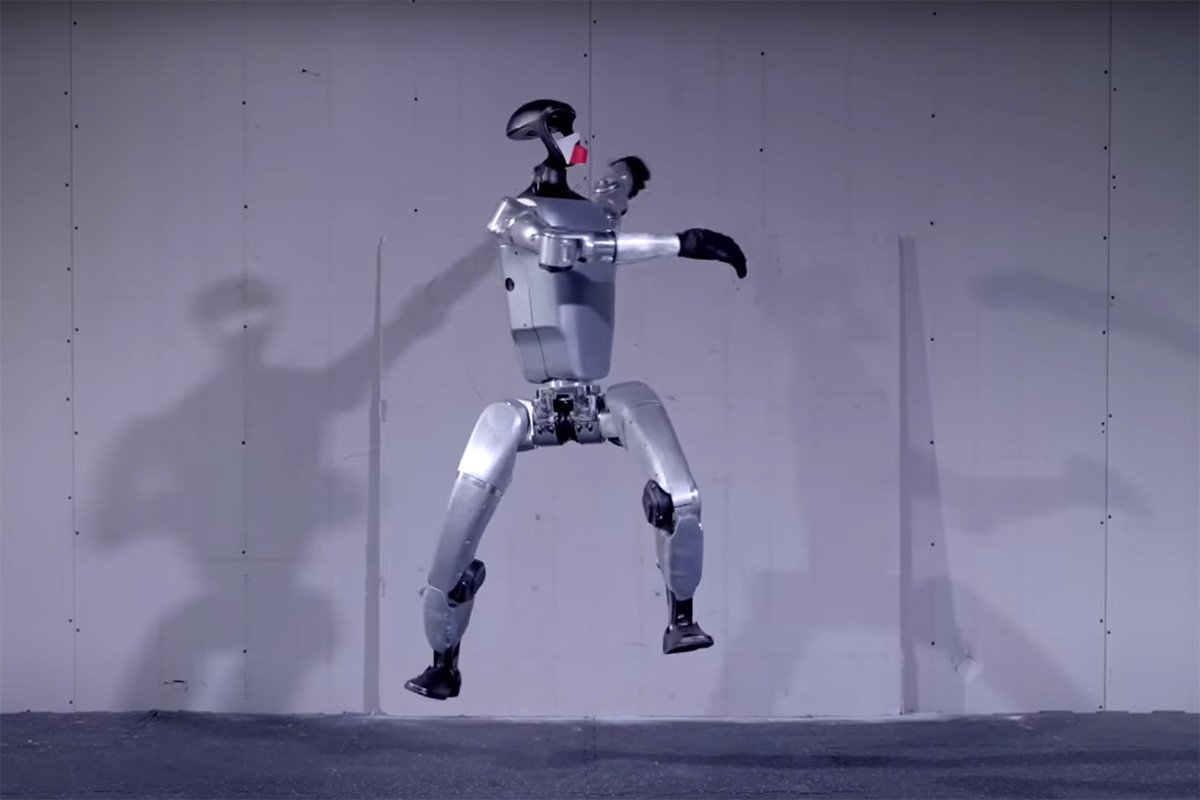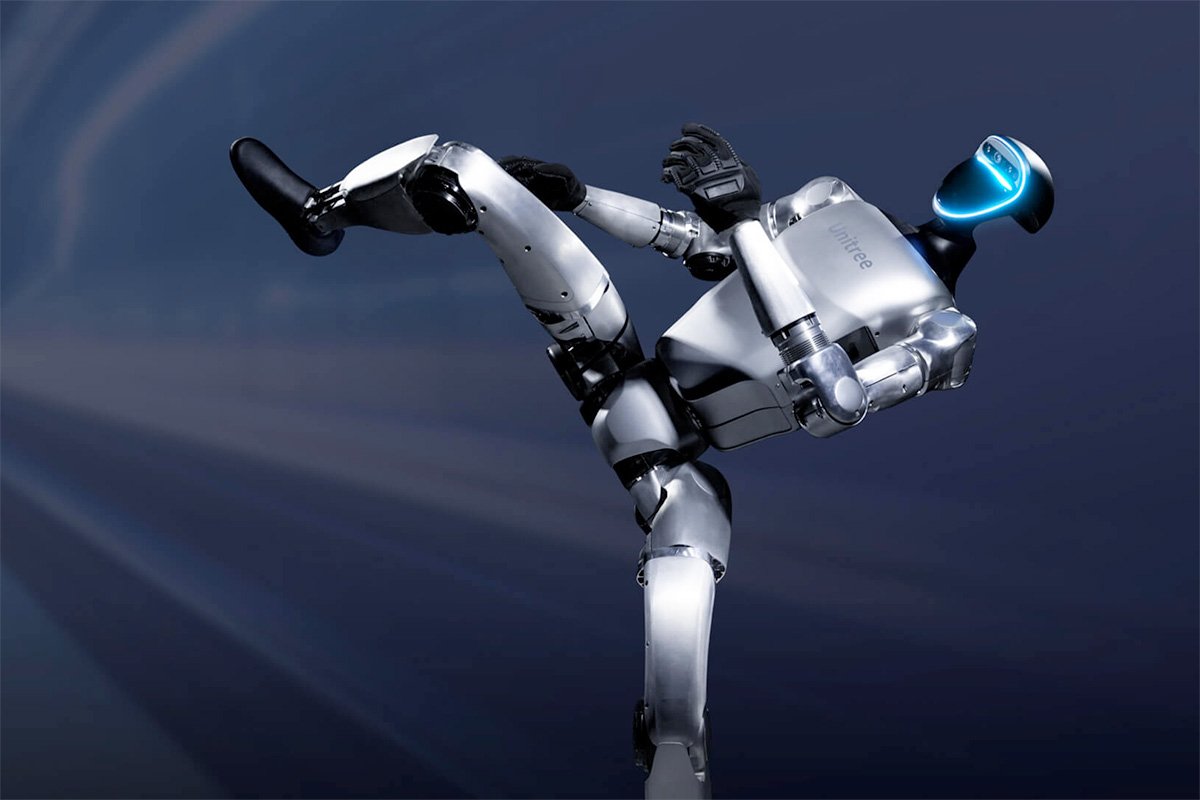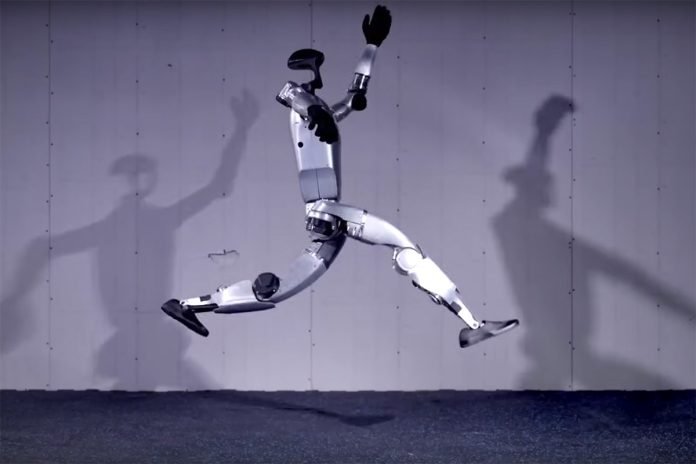The landscape of robotics has seen rapid evolution in recent years, and Unitree Robotics, a relatively new player, is making a significant impact with its G1 humanoid robot. With an impressive price tag of $16,000, the G1 is not just a technological showcase but is also on the cusp of mass production, marking a major milestone for the company.
A shift in focus
Unitree Robotics initially garnered attention for its four-legged robots like the Go2 and B2, designed for various practical applications. However, in December of last year, the company made a notable pivot by introducing its first biped humanoid robot. This shift in focus positioned Unitree among some stiff competition, including established names like Tesla, Figure, and Boston Dynamics.
Despite entering a crowded field, Unitree’s progress has been swift. Their initial humanoid model, priced at a steep $90,000, showcased the company’s capabilities but was seen more as a development platform rather than a market-ready product. The subsequent release of the G1 model, however, changed the game. It was not only more affordable but also boasted enhanced capabilities, making it a viable option for mass production.
Performance and capabilities
The G1 humanoid robot stands at 1.32 meters (4.33 feet) and is designed to be both functional and compact. It can fold down to a compact size of 690 x 450 x 300 mm (27 x 17.7 x 11.8 in), allowing it to be easily stowed away when not in use. However, its 35 kg (77 lbs) weight means it requires some effort to move around manually. This compactness could be particularly useful in scenarios where space is limited, such as in a cluttered warehouse or a busy office.

The G1’s design includes a visor-like face equipped with 3D LiDAR and a RealSense depth camera, allowing it to perceive its environment with high accuracy. It also features a noise-canceling microphone array for receiving voice commands and a 5-watt stereo speaker for delivering responses. The internal routing of cables ensures a clean, snag-free design, which is both aesthetically pleasing and practical for avoiding potential operational issues.
Unitree has fine-tuned the G1’s performance through simulated reinforcement learning, enabling it to perform complex tasks with agility. In a recent demonstration, the G1 showcased its ability to leap, twist, hop, and dance, alongside more practical skills like climbing stairs littered with debris, adjusting its gait in real-time, and tackling varied-height obstacles with ease. The G1 maintained its balance without faltering, even when faced with a vigorous physical challenge from one of the development team members.

Practical applications and potential impact
The G1’s capabilities suggest a wide range of potential applications. For instance, in industries like logistics or manufacturing, the G1 could be utilized to perform tasks that are repetitive or hazardous for humans. Its ability to navigate complex environments and adjust to real-time challenges could also make it a valuable tool in search and rescue operations or disaster response scenarios.
Moreover, the G1’s 23 degrees of freedom in its joints allow for a fluidity of motion that could be beneficial in environments where delicate or precise movements are required. Whether it’s picking up objects, operating machinery, or simply navigating through a crowded space, the G1 seems well-equipped for the job.
Looking ahead
As of now, Unitree has not confirmed that mass production of the G1 has officially begun, but the recent updates and refinements to the model suggest that it’s only a matter of time. Priced at $16,000, the G1 is positioned to be a competitive option in the humanoid robot market, offering advanced capabilities at a fraction of the cost of other high-end models.

While the world awaits further announcements from Unitree, the G1 humanoid robot stands as a promising development in the field of robotics, one that could soon be a common sight in various industries around the globe.
Source: Unitree Robotics



